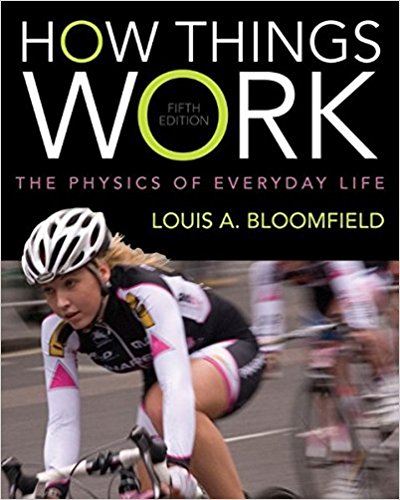
Cheery Friday Greetings to our Learning How to Learners!
Book of the Week
About forty years ago, Barb picked up the now-classic book Juggling for the Complete Klutz, by John Cassidy and B. C. Rimbeaux, which comes complete with three bean bags for juggling. Following the book’s instructions, she gradually learned to juggle. (We’re not talking circus level here—just juggling three items was Barb’s triumph!) Juggling is a bit odd in that you must focus on the item you’re catching while also being more broadly aware of several other items at the same time. We’ve heard the suggestion that juggling can be a great way to relax into the diffuse mode. So recently, Barb picked up another copy of Juggling for the Complete Klutz and its accompanying bean bags and began to renew her juggling skills. We’re not sure of the underlying neuro-mechanisms, but juggling does seem to be a great way of shifting mental gears. If you want to learn a fun way to disconnect from whatever you’re doing, try learning to juggle!
Award for the top MOOC in Taiwan! (And, Barb in Taiwan and Shanghai!)
Professor Kenzen Chen of National Chiao-Tung University and Professor Mu-Ming Poo of the Institute of Neuroscience at the Chinese Academy of Science, have developed a new, 7-week Chinese course, the Tao of Learning, based in part on the English Learning How to Learn MOOC. Dr. Chen and Dr. Poo’s work has led to their Tao of Learning MOOC becoming Taiwan’s top MOOC of 2017, as well as kick-starting new MOOC offerings at China’s three major MOOC platforms (XueTangX, NetEase, and CNMOOC)! Barb is heading to Taiwan to see Kenzen receive his well-deserved award–and to speak about the behind the scenes creation of the MOOC Learning How to Learn. If you’d like to meet her (she’d love to meet you!), check out her speaking events in Taiwan on May 14th and 15th. Kenzen, Mu-Ming and Barb will also be together conducting professional development workshop for China’s MOOC instructors at Shanghai Jiao Tong University on May 17th and 18th.
Here is more information about the different versions of The Tao of Learning:
- ewant (ended Apr. 30, honor assignment going till may 31; summer for-credit only in preparation)
- XueTangX (will end May 31th, no honor assignment because the peer-review function is not available)
- CNMOOC (ended Apr. 30, no honor assignment because the peer-review function is not available)
- NetEase (will end June 30, self-paced)
Elevate Learning: Taking Education Higher, SUNY Cortland, New York May 22 – 25, 2018
Barb will be keynoting at this amazing SUNY conference, which highlights innovative pedagogical practices and emerging technologies. There’s also a session on how to Learning How to Learn has been successfully used to help improve students learning abilities, which affects institutional retention.
Come to see pedagogical innovations, student-centered experiences, flexible educational settings, application of trending technologies, and creative approaches to assessing evidence of learning. And maybe after her keynote, have coffee with Barb!
MOOC of the Week
First, we have to admit—we’re huge fans of Dr. Felicia Vulcu, who happens to be an incredibly funny person as well as an outstanding scientist. Felicia has teamed up with equally talented Dr. Caitlin Mullarkey to create the course DNA Decoded, which will fill you in on all sorts of intriguing insights about DNA—that tantalizing hereditary material at the heart of modern crime investigations, home-testing kits about our health and ancestry, and much more. Watch this trailer and then sign up!
Another Great Memory Tips Video from 4-Time US Memory Champion Nelson Dellis!
Finally a bit of mental math! Here’s another great video from our friend Nelson Dellis with an easy mental math trick anyone can do–how to do cube-roots for any 2-digit perfect-cubed number. The best part? You only need to memorize 10 things beforehand. Learn it in this short video and then you can wow your friends!
Edx to Move Away from “Offering Virtually Everything for Free”, Begins Testing a Support Fee
Class Central keeps a close eye on changes in the MOOC world that can affect learners. Check out this insightful article about Edx’s moves away from “free.”
That’s all for this week. Have a happy week in Learning How to Learn!
Barb, Terry, and the entire Learning How to Learn team
Get the course recommended text, A Mind for Numbers!
NEW! Learning How to Learn: How to Succeed in School Without Spending All Your Time Studying; A Guide for Kids and Teens. Great ideas for parents, too!
Follow LHTL on Facebook | Join the private LHTL Hall of Fame group | Follow LHTL on Twitter

















